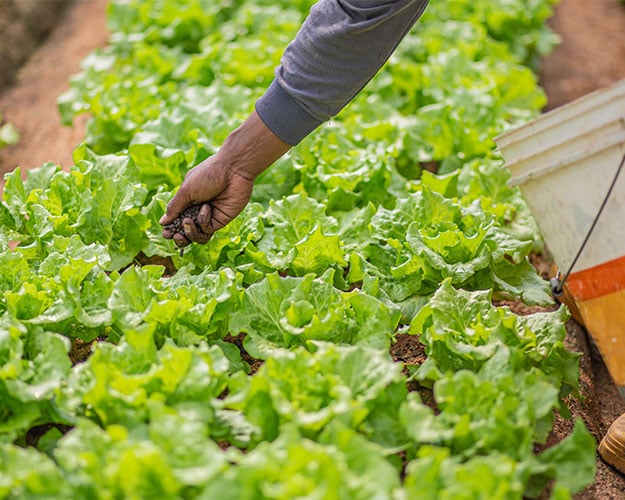Agribusiness
We're inspired to help you navigate complexity and support your commitment to feeding the world.
Agribusiness
Helping you solve industry complexities and unique business challenges.
Eide Bailly’s agribusiness advisors work with companies involved in the production, processing, and distribution of food and agricultural products. We help navigate the complex regulatory landscape, manage risk in a volatile market, alleviate food safety concerns, and handle seasonal cash flow issues that impact your business.
Our team has a deep understanding of the agricultural economy and is committed to helping you develop strategies to improve efficiencies, manage costs, and increase productivity. We regularly review announcements from the Department of Agriculture, Food and Drug Administration, and the Environmental Protection Agency to help address potential problems.

Our Stats Tell the Story
We have a strong history of helping our clients make smart business decisions.
- 100+years of combined agricultural experience
- 3.5k+industry clients
Together, we can turn opportunities into reality.
Agribusiness Leadership

Travis VanDykeCPA
Partner

Kristen ZubizarretaCPA
Partner
